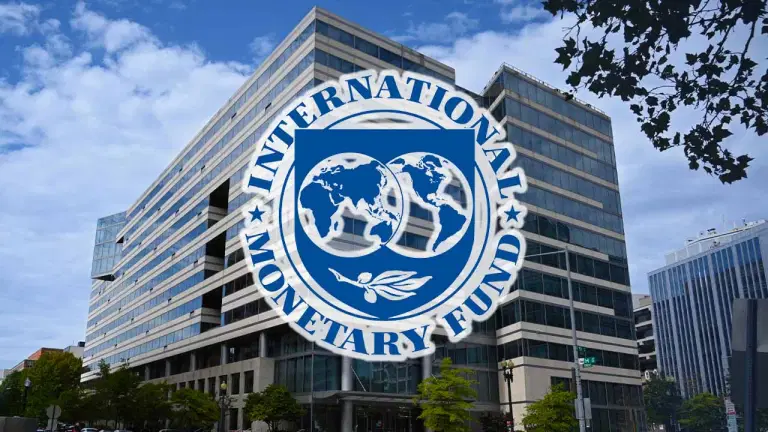The International Monetary Fund (IMF) has raised concerns over illicit financial flows (IFFs) draining Nigeria’s revenue, exacerbating the country’s fiscal challenges. Speaking at the 2025 IMF and World Bank Annual Meetings in Washington, D.C., IMF Managing Director Kristalina Georgieva announced a renewed focus on tracing IFFs to address fiscal leakages, offering Nigeria a potential blueprint for enhancing revenue generation and sustainable growth.

Georgieva highlighted that IFFs, encompassing stolen public funds, proceeds from criminal activities, and untraceable digital transactions like cryptocurrencies, undermine governance, deplete resources, and hinder development, particularly in developing nations. The IMF has strengthened its Anti-Money Laundering and Combating the Financing of Terrorism (AML/CFT) framework, making IFF assessments a mandatory part of its annual Article IV consultations. Countries seeking IMF assistance must now include measures to tackle systemic IFFs, supported by technical assistance and training for local authorities to detect and respond to suspicious transactions.

Through its Governance Diagnostics initiative, the IMF is helping countries identify institutional weaknesses that enable corruption and financial crimes, promoting reforms to strengthen governance. Georgieva urged collaboration with civil society and international partners, citing successful partnerships in Sri Lanka and Kenya.

Concurrently, the IMF upgraded Nigeria’s 2025 economic growth forecast to 3.9%, a 0.5 percentage point increase from its July projection, and anticipates 4.2% growth in 2026. The revision reflects stronger domestic fundamentals, including higher oil production, improved security, exchange rate appreciation, and rising investor confidence, bolstered by energy and financial sector reforms. Nigeria’s limited exposure to U.S. tariff wars also supports its resilience.

However, inflation remains high, projected to decline from 31.4% in 2024 to 23% in 2025 and 22% in 2026, with persistent food and energy price pressures. The current account surplus is expected to narrow from 6.8% of GDP in 2024 to 5.7% in 2025 and 3.6% in 2026. A recent GDP rebasing, adopting 2019 as the base year, increased nominal GDP by over 40% by capturing previously underreported sectors like the digital economy and informal agriculture.
The IMF commended Nigeria’s progress but urged sustained credible fiscal and monetary policies, stronger institutions, and accelerated reforms to ensure macroeconomic stability and inclusive growth. For Sub-Saharan Africa, the IMF raised growth forecasts to 4.1% in 2025 and 4.4% in 2026, driven by stabilization measures in countries like Nigeria and Ethiopia, though challenges like resource dependency and conflict persist.




